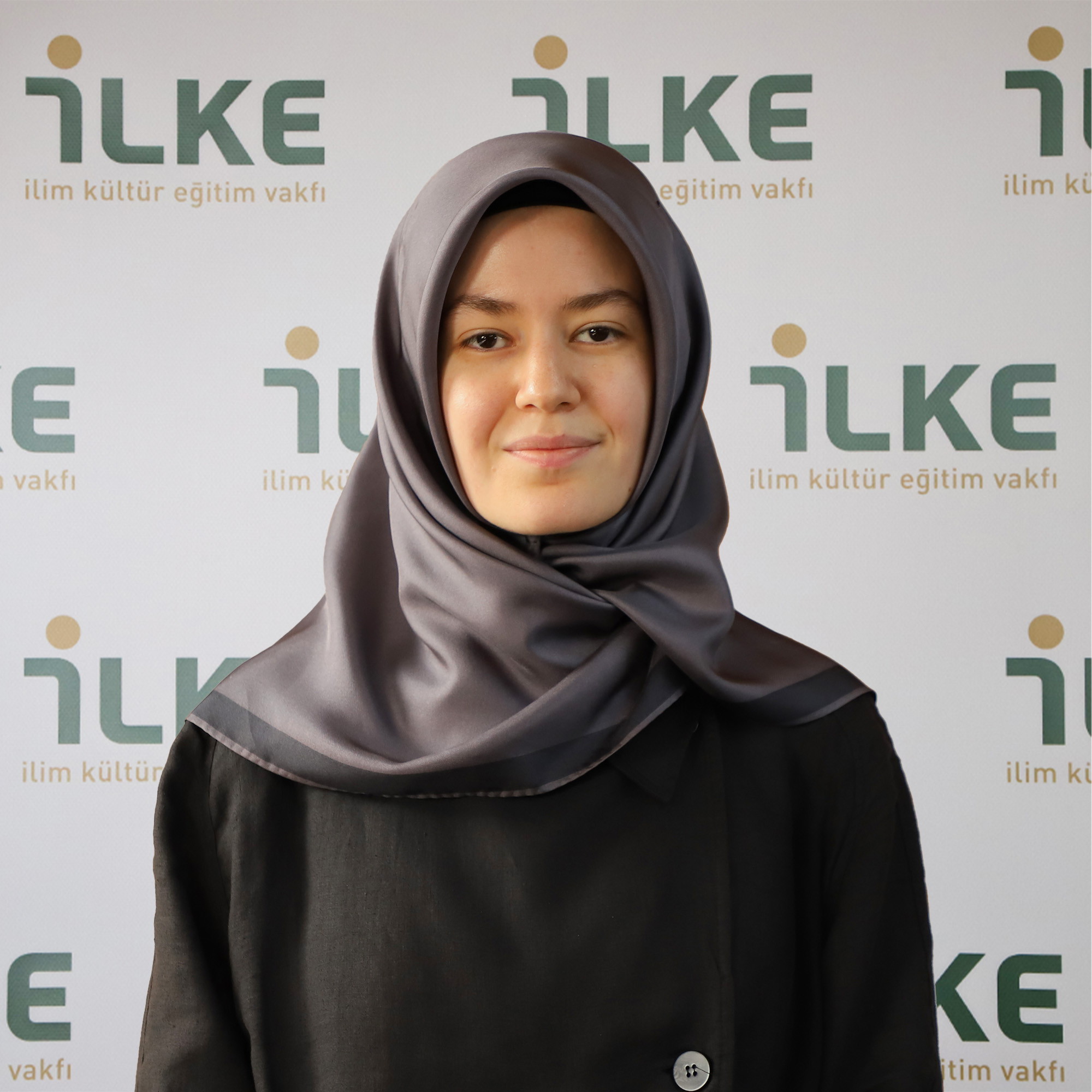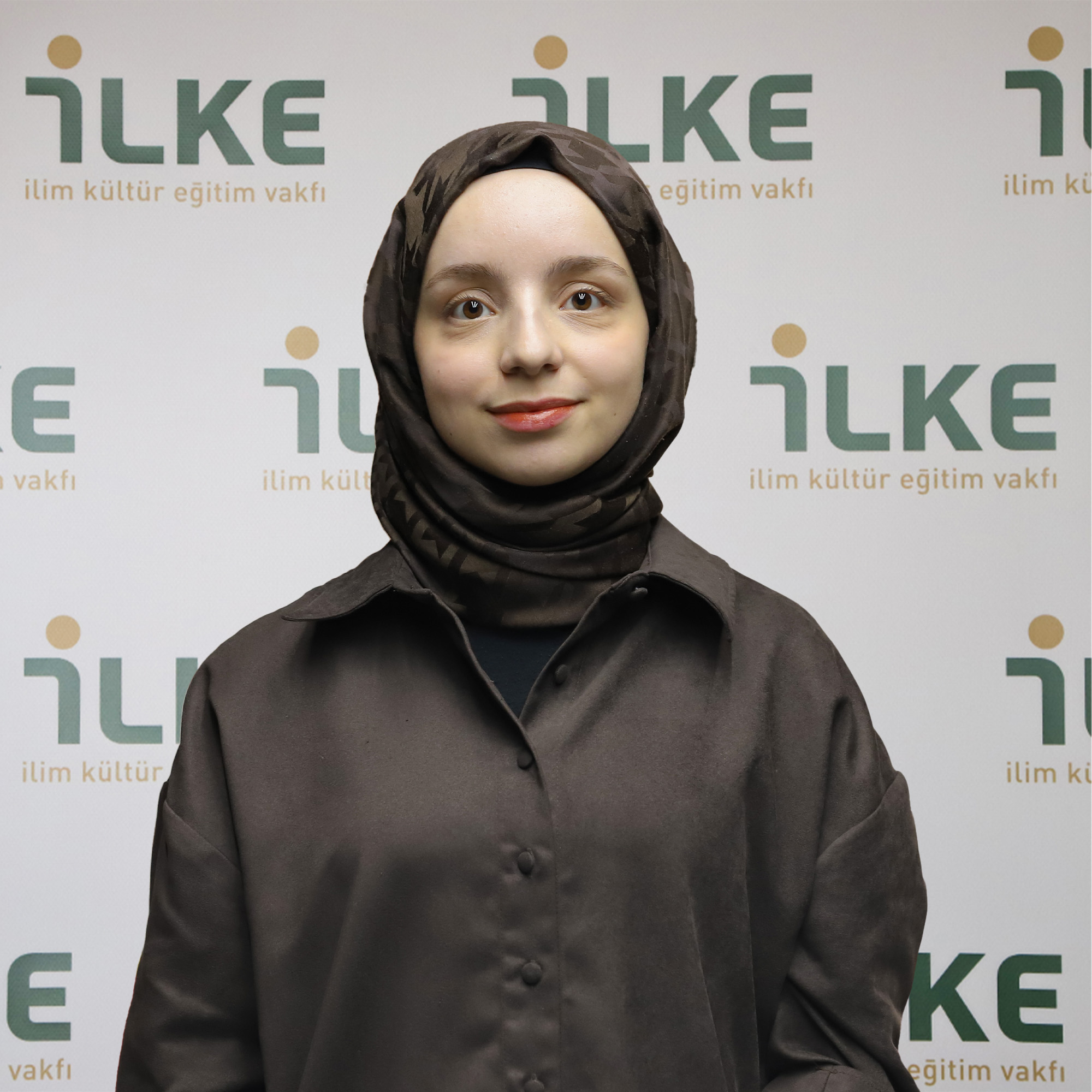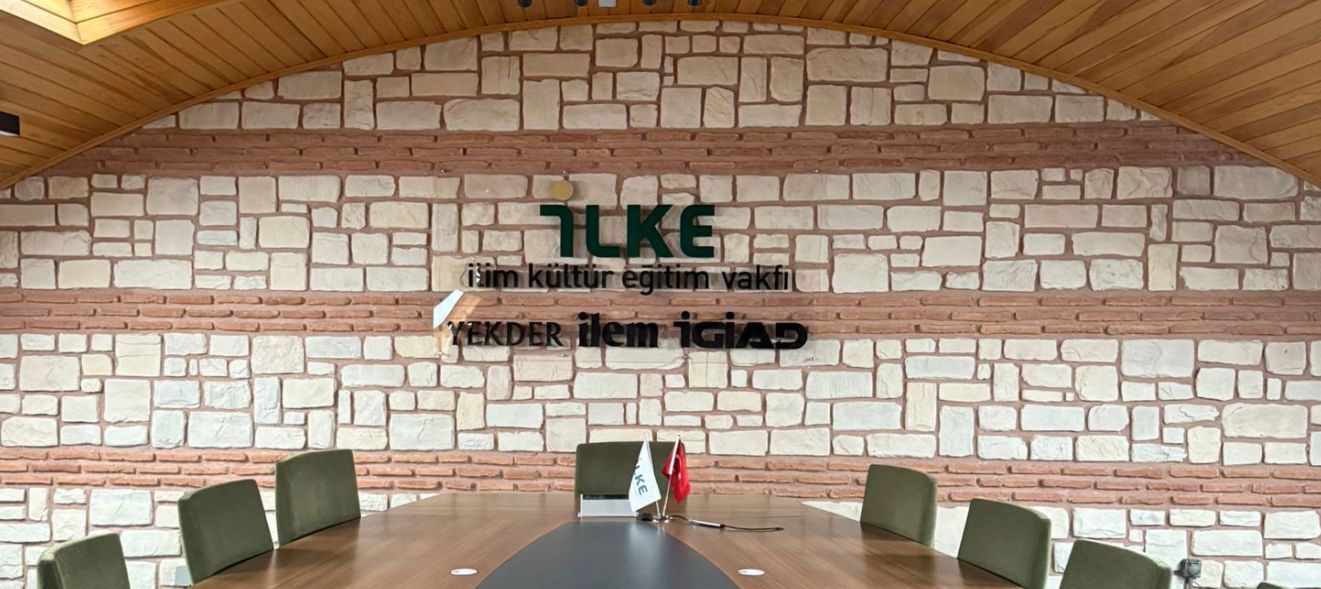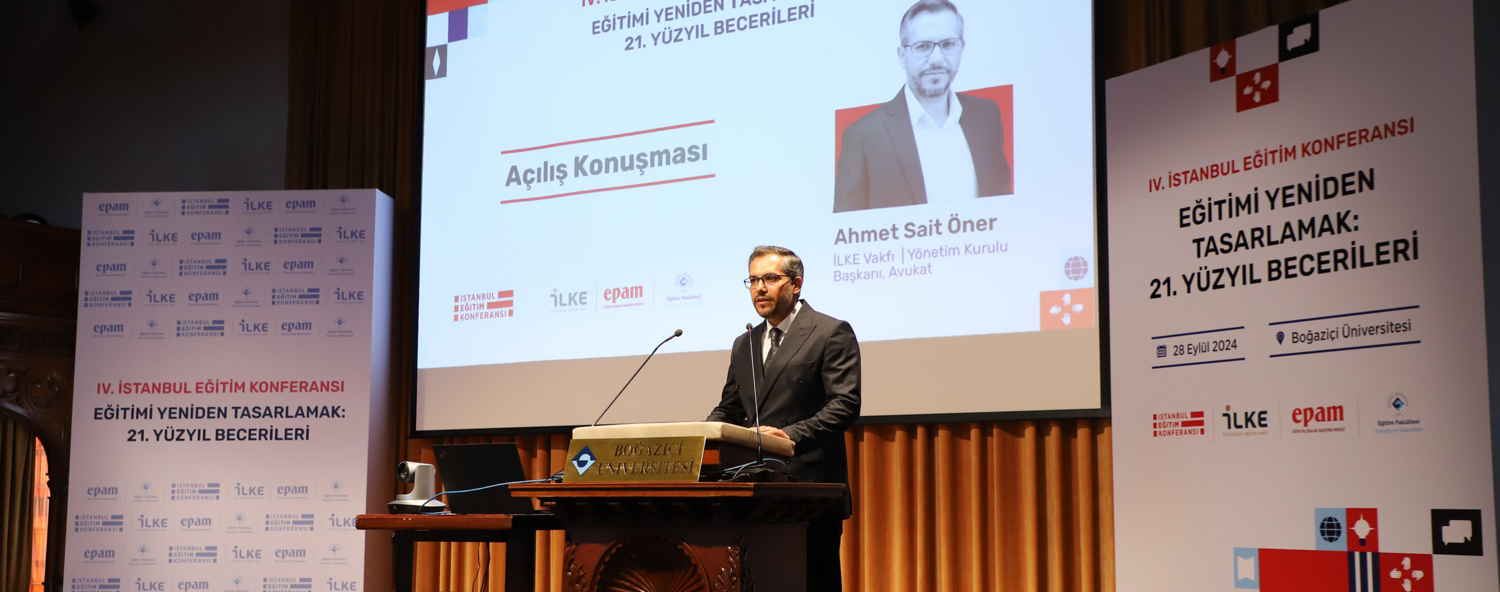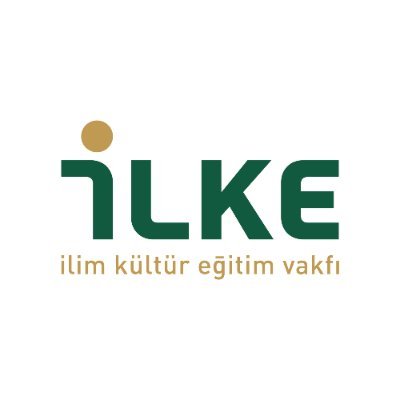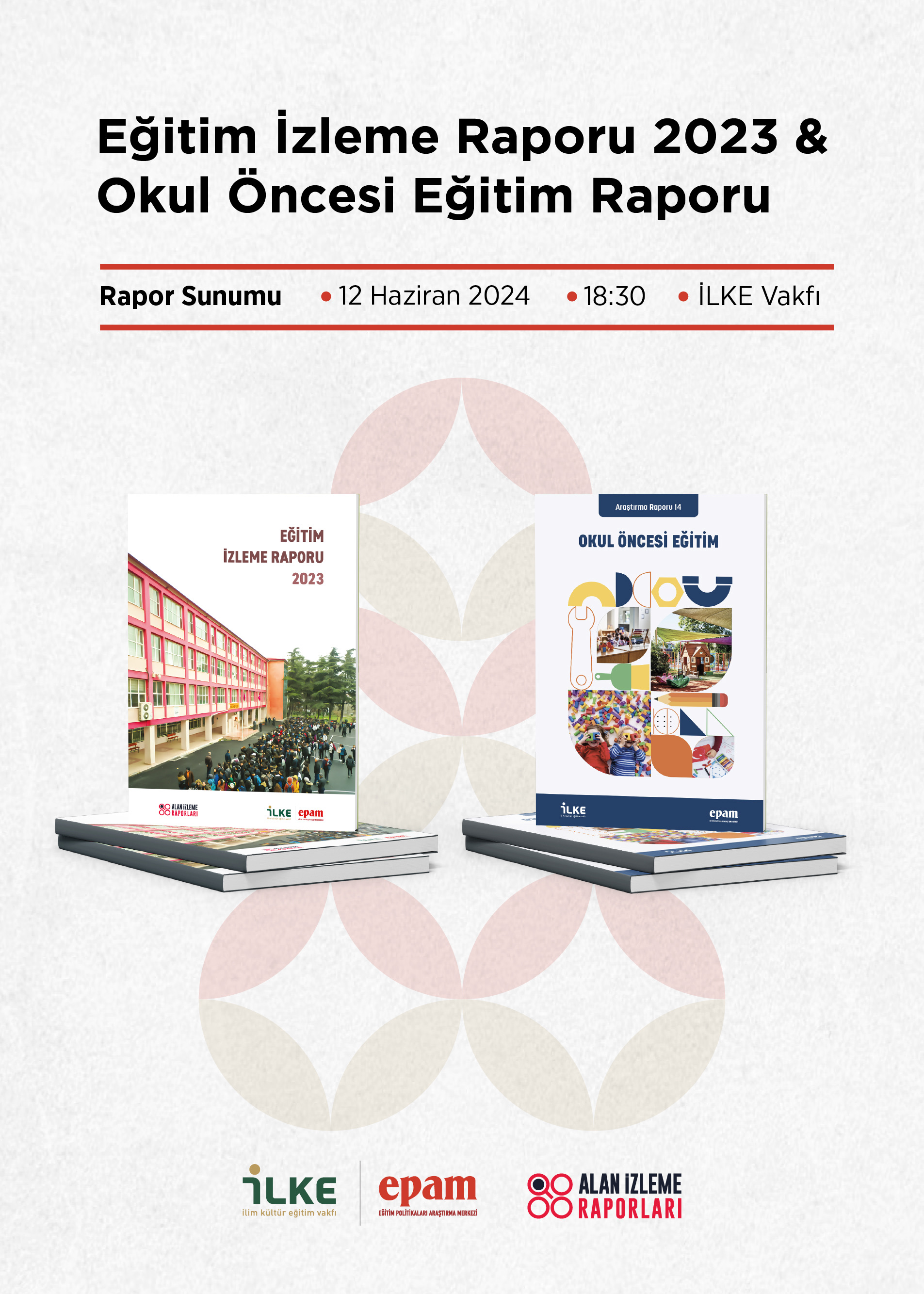
Education Policy Research Center
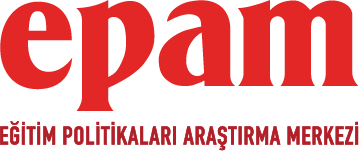
Education Policy Research Center
Education Policy Research Center (EPAM) has undertaken the basic mission of monitoring, understanding, interpreting, explaining the transformation adventure experienced in Turkey in the field of education with the awareness of social responsibility and developing policies for the “Turkey of the Future”.
EPAM focuses on bringing together, Deciphering and creating an energy to create solutions to the problems of today and the future without sacrificing Turkey's experience, accumulation and opportunities in the field of education to artificial discussions and agendas.
EPAM's goal is to create an accumulation that will contribute to ensuring equality of opportunity and justice in education all over the world by doing studies that will strengthen the field of education in Turkey and share it with the whole society.
EPAM conducts needs-oriented, evidence-based and inclusive studies.
EPAM analyzes the issues it takes on the agenda in the field of education from a theoretical and historical point of view, creates data, examines the applied policies, produces policies, gives perspective to discussions with different views.
The main field of these studies is publications. The increased interaction in the relations between civil society and policy makers through publications and the mutual motivation shared for future studies are Decently valuable.
In this context, EPAM brings a participatory and multi-faceted perspective to education issues with field monitoring reports, analysis reports, field research, policy analysis, policy notes, study notes, opinion articles.
In this way, it contributes to the visibility of Turkey's accumulation, makes modest interventions that will improve the quality of education, keeps a record of developments and makes a note of history.
EPAM
Needs-Oriented, Evidence-Based, Inclusive
Related Contents
V. Istanbul Education Conference Insight Report
The V. Istanbul Education Conference, held under the theme “Vision and Transformation in Teacher Education”, provided a comprehensive platform for discussion, inviting participants to rethink the changing role of teachers and the transformation taking place in teacher education processes. During the conference, the question of how teacher education models should be restructured in line with the pedagogical, technological, and social dynamics of the 21st century was addressed from a multidimensional perspective.Among the conference’s key emphases was the need for teaching to evolve beyond merely transmitting knowledge into a field of expertise centered on guidance, value transmission, and the facilitation of learning processes. The impacts of digitalization, artificial intelligence, and new pedagogical approaches on teacher education were evaluated in light of national and international experiences. In addition, the conceptual framework offered by the Century of Türkiye Education (Maarif) Model for teacher education processes was placed at the heart of the discussions.The Insight Report of the V. Istanbul Education Conference presents a comprehensive evaluation of the field of teacher education and offers concrete recommendations, supporting the presentations and discussions held during the conference with academic literature, data, graphs, and visual materials.
- Other Reports
- 13-02-2026
Education Monitoring Report 2023 & Early Childhood Education Report
The Education Monitoring Report 2023, prepared annually to address key issues in education, provides an in-depth analysis of the current state of education using up-to-date data on a variety of topics, including children and youth, educational inequality, access to education, and higher education. This year, we have enhanced the report by incorporating international data, aiming to determine and analyze Turkey's global standing in education. The Education Monitoring Report 2023 is presented in a renewed format, featuring high-quality analytical articles, graphs, maps, and policy recommendations. The Early Childhood Education Report explores the historical development of early childhood education, early childhood education in crisis situations, key stakeholders in the field, and the participation of migrant children in education. At this event, Dr. Isa Kaya will provide an introduction to the key findings of the report.
- Report Presentation
- 18:30
Presentation of the "Century of Türkiye Education Model Monitoring Report" Held
The "Century of Türkiye Education Model Monitoring Report, " prepared by the İLKE Foundation Research Center for Education Policy (EPAM), was introduced to the public with a presentation program held at the İLKE Foundation on September 18, 2025, following the welcoming remarks by İLKE Foundation Chairman of the Board, Atty. Ahmet Sait Öner, the program began with opening remarks by EPAM Director Assoc. Prof. Dr. Ayhan Öz continued with the presentation of the report. The findings of the report were shared comprehensively at the event, which was attended by academics, researchers, administrators, teachers, and civil society representatives.From the research team, Prof. Dr. Mustafa Öztürk (Boğaziçi University), Assoc. Prof. Dr. Hasan Özgür Kapıcı (Boğaziçi University), Assoc. Prof. Dr. Sedat Karagül (Istanbul 29 Mayıs University), and Asst. Prof. Dr. Muhammet Şahal (Yıldız Technical University) presented the findings of the report.Teachers Embrace the Model but Experience Difficulties in ImplementationAccording to the report, teachers generally support the transformation brought by the TYMM; it is observed that student-centered, activity-based approaches increase classroom motivation. However, teachers face serious challenges during implementation. Lack of preparation, classroom management issues, time constraints, and physical infrastructure problems limit teachers from effectively putting the application into practice.Time and Classroom Management ChallengesTurkish and science teachers stated that conducting writing, film analysis, and group activities within limited timeframes created difficulties. TYMM's phased responsibility delegation model, requiring every student to be active, makes it difficult to implement in crowded classrooms. Furthermore, the introduction of some abstract concepts (e.g., cell, mass, weight) to the 5th grade is considered challenging by teachers as it is deemed unsuitable for the students' cognitive level.New Approaches and Concerns in Measurement and EvaluationTeachers welcome the emphasis on open-ended questions that measure process-oriented, analytical thinking, as well as the TYMM (Turkish National Assessment and Evaluation System). However, the incompatibility with speed and product-oriented assessment in centralized exams raises concerns that it may negatively affect students' exam performance. Teachers stated that there is an incompatibility between classic written exams and process-oriented measurement and evaluation.Physical and Digital Infrastructure LimitationsThe report also reveals the difficulties teachers face due to physical conditions and a lack of materials. Overcrowded classrooms and inadequate workshop environments restrict the implementation of student-centered activities. In terms of digital materials, teachers state that relying entirely on EBA (Educational Information Network) creates technical and content limitations.Recommendations and Steps ForwardAccording to the report's findings, practice-based professional development training should be designed for teachers, class sizes should be reduced, and infrastructure deficiencies should be addressed. Digital platforms should be strengthened with content compliant with the TYMM (Turkish National Curriculum Development Model), and information sessions and workshops should be planned to increase parental participation in the process. Furthermore, inter-subject collaboration platforms should be established to increase teachers' contributions to curriculum development processes.The research team emphasized that the report is only a starting point and that effectively implementing the model will be difficult without improving implementation processes and infrastructure support. While teachers are confident in the model, they need guidance, support, and time flexibility in putting it into practice.
- EPAM
- 04-02-2026


.jpg)
